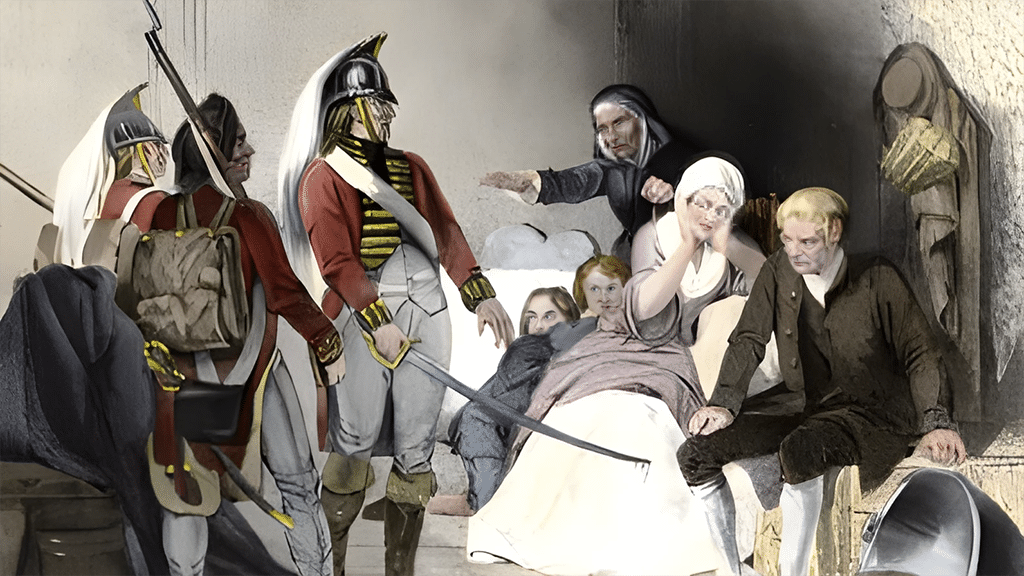Excerpts from: Americanism Redux: June 6, on the journey to the American Founding, 250 years ago today, in 1774
Different levels of colonial life are responding to the Boston Port Act in early June. On a colony-level, the Connecticut legislature is the first to vote in approval of naming representatives to a general congress. On a county-level, a meeting in Prince George County in Virginia produces a set of six resolutions that assert governmental authority in the county. On a town-level, a group in Hanover, Pennsylvania formed into “Associators” and announce they will rely on God and guns to defend against over-reaching British imperial rule. The cauldron boils again in Boston as the implications of protest and resistance to the new imperial law begin to settle in. Colonists are especially worried about the use of the British military in enforcing the Boston Port Act. As far away as northern New York, colonists recognize the inherent anxiety in New England over the role of professional armies in governmental systems.
The potential for catastrophe is all the greater with King George III giving his royal approval to the new Quartering Act, giving royal officials in the colonies broader powers in seizing whatever housing, food, and other supports are needed for the army and navy.
Americanism Redux, a series by historian author, Dr. Dan Miller, explores what Americanism meant 250 years ago and its significance for America today. Visit Dr Dan Miller’s website>

Reference: The Remnant Trust Collection
The Remnant Trust Item (#0357) is “A Short History of Standing Armies in England” by John Trenchard, written and published in 1698. Trenchard’s book reveals the sources of colonial resentment toward government’s use of armed power in civilian life. His ideas were in the forefront of colonial outrage over the Boston Massacre in 1770 and by 1774 are quickly brought back to the surface.
View The Remnant Trust “Wisdom of the Ages Athenaeum PDF for reference>

